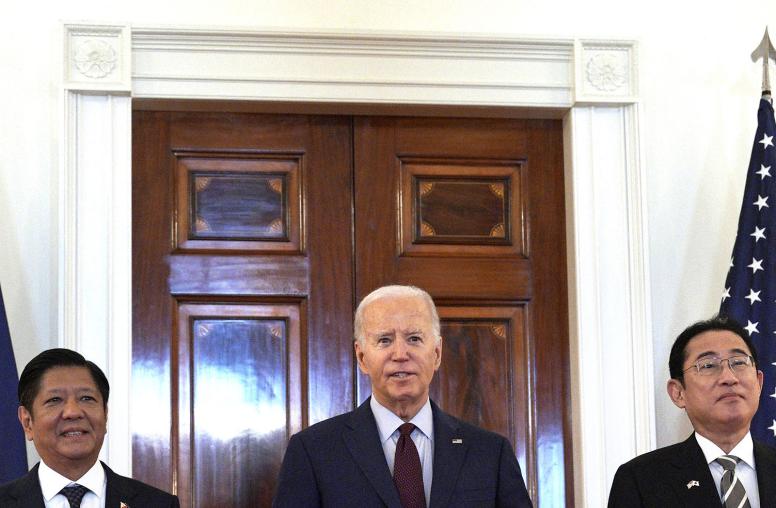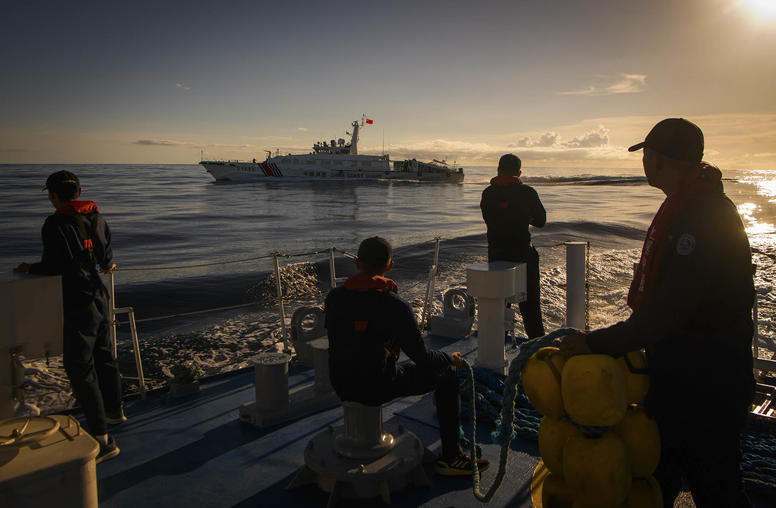Haroro Ingram
Contact
Please submit all media inquiries to interviews@usip.org or call 202.429.3869.
For all other inquiries, please call 202.457.1700
Dr. Haroro J. Ingram is the country director for the Philippines at USIP. He is responsible for the strategic design, implementation planning, and in-country management of USIP’s Philippines program.
Ingram has almost two decades of government, academic and private sector experience. He began his career in government roles ranging from national security operations against non-state threats to strategic-policy in defense preparedness largely focused on managing great power competition in the Asia-Pacific.
Much of his professional experiences since leaving public service in 2014 have involved designing and implementing peace and security programs in conflict-impacted areas and advising on influence operations, particularly strategic communications, across the government and private sectors.
Ingram has held academic positions at the Australian National University and George Washington University and has been a visiting scholar at institutions such as the Naval Postgraduate School. He has written for publications such as Oxford University Press, The Atlantic, The Washington Post, Foreign Policy, War on the Rocks, and Foreign Affairs.




